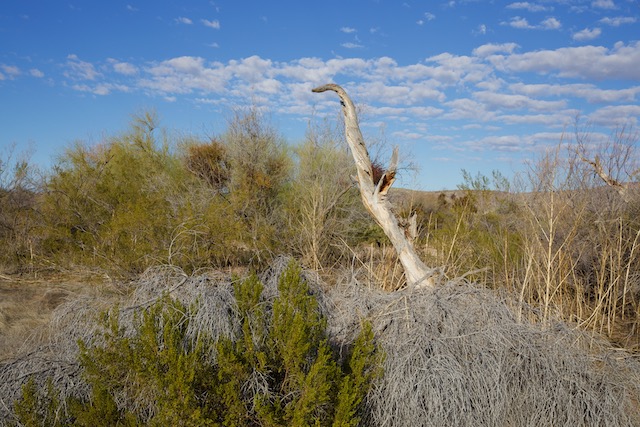Murphy DEP Concealed Efforts To Secure A $1 Million Pentagon Grant And Flat Out Lied About The Reason For Pinelands Wildfire Logging Plan
DEP Sought $995,000 Pentagon Grant To Fund Pinelands Logging Project
Purpose Of Project Was To Reduce Smoke For Air Force Training Missions
DEP Press Release Confirms Our Suspicions
Today, the Murphy DEP issued a press release that confirmed exactly what we suspected about why the DEP was so aggressively pursuing such a flawed logging plan for the Pinelands forests that lacked any credible ecological or wildfire prevention objectives and directly contradicted climate forestry goals.
Because DEP did not provide – and we could not discern – a logical and science based rationale for the DEP’s Pinelands logging plan, we suspected that it was motivated by other objectives, including securing Department of Defense funding and meeting Air Force military training objectives.
On November 21, 2022, we wrote to question DEP’s real motivations, see:
We are dumfounded as to why DEP wants to log an isolated 1,400 acre parcel of Pinelands forests. There are major negative ecological and climate impacts of the plan and no justification for it.
According to Pinelands Commissioner Wallner, there is no wildfire management logic to support DEP’s plans to log 1,304 acres and create 13 road miles of 50 foot wide clearcut to create a “firebreak”.
Pinelands Commisioner Wallner – a retired National Park Service wildfire expert – noted that he reviewed the DEP maps of the area and that there was no people or property at risk and that DEP provided no wildfire justification for the plan. …
So why is DEP aggressively pushing the Plan? Why did the Pinelands Commission approve it. And why are NJ leading conservation groups so aggressively supporting it?
Given the proximity to the USAF Warren Grove Range and support of NJ Conservation Foundation, we think we may have found who really could be pulling the strings behind the scenes: the US Air Force.
I previously wrote about the USAF’s “REPI” program, see:
Today, the DEP brazenly issued a press release that confirms our suspicions and exposes the fact that DEP concealed the objectives of seeking DoD funding and lied to the public and the Pinelands Commission about the reason for the project, see:
TRENTON – The New Jersey Department of Environmental Protection is set to receive $995,000 from the U.S. Department of Defense (DOD) to reduce wildfire risk in the areas surrounding Joint Base McGuire-Dix-Lakehurst, Warren Grove Range, Naval Weapons Station Earle and Sea Girt National Guard Training Facility, Commissioner Shawn M. LaTourette announced today…
Funds from this grant round will be used to construct a strategic firebreak adjacent to the Warren Grove Gunnery Range in Bass River State Forest, with project work expected to begin in April 2023…
Additionally, forest thinning on 1,305 acres will reduce combustible vegetation known as ladder fuels and improve wildlife habitat. Ladder fuels are small trees and low vegetation beneath the forest canopy. Most large trees in the project area will remain, which will keep the canopy intact.
DEP not only concealed their DoD grant funding and lied about the objectives of the logging project – which are explicitly to support the US Air Force’s military training mission, not forest ecology or climate – the DEP again lied by falsely claiming that the logging “will keep the canopy intact.”
We’ve written several times to explain the deep reductions in canopy cover, as even the Pinelands Commission’s approval document describes.
And there is no doubt that DEP issued the press release today to hide behind the larger story of today’s Legislative hearing on the Forestry Task Force recommendations.
This is the most dishonest and manipulative deception I’ve ever experience in working with DEP for over 30 years.
It is reprehensible and totally unacceptable. I condemn it in the strongest possible terms.
I filed an OPRA request to DEP today to get all the documents on the DoD grant and will be writing more in future posts to expose this deception.
I wrote the following letter to the Pinelands Commission to express my disgust with DEP’s manipulation and lies:
Dear Director Grogan –
Please see my note below regarding DEP’s press release today about DoD REPI program funding for the Pinelands Wildfire plan recently approved by the Commission.
Please share my concerns and email with all Commissioners and Chuck Horner who conducted the review of the DEP plan. Note that DEP’s press release today claims that canopy cover will be maintained and that this claim directly contradicts the numerical data on reduction in canopy cover documented in the Commission’s approval document.
This is deeply disturbing, as it appears that DoD REPI funding and REPI program objectives drove the DEP wildfire plan – not the DEP’s public stated objectives – and that the DEP intentionally withheld this information from the Commission and the public. I filed an OPRA request today with DEP to document the REPI grant application process.
I would hope that you and the Commissioners agree that such manipulation and dishonesty in government is reprehensible.
Respectfully,
Bill Wolfe





